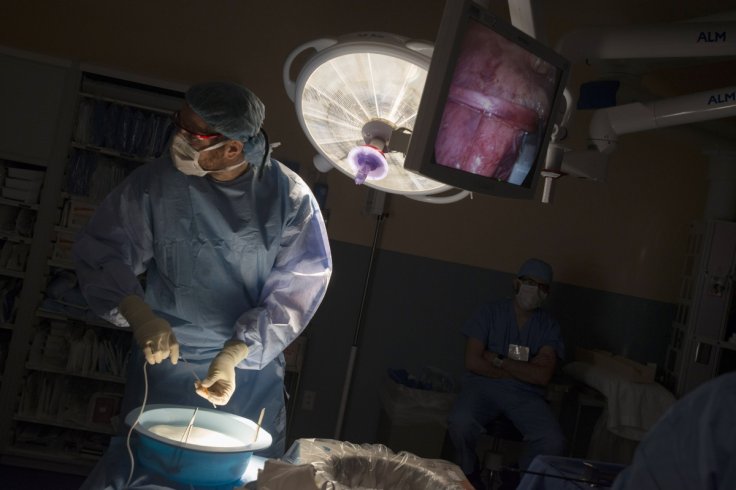
A new research conducted by an investigator at the Dana-Farber Cancer Institute has found that a combination of two drugs, one of them being an immunotherapy agent could be embraced as the first line treatment for patients with metastatic kidney cancer. The Dane-Farber Cancer Institute investigator made this conclusion after analyzing results from a 3-phase clinical trial.
During the study, the researcher found that patients who used immunotherapy drug avelumab plus axitinib, a targeted agent showed considerable improvement in progression-free survival when compared to cancer patients who only used sunitinib (Sutent), a traditional drug which has been widely used all across the world to treat renal cell carcinoma.
"Patients receiving the drug combination also had a higher response rate - meaning their tumors shrank than the sunitinib-only group. This is certainly better than sunitinib -- hopefully, this will lead to Food and Drug Administration approval soon," said Toni K. Choueiri, co-corresponding author of the study, Science Daily reports.
The study report published in the New England Journal of Medicine also revealed that additional follow-up is needed to determine whether combination-drug therapy increases the overall survival when compared to the standard regimen.
886 renal cancer victims participated in the study, and they were randomly chosen to give either the two-drug therapy or sunitinib alone.
"Interestingly, the analysis showed that all subgroups - good, intermediate, and poor-risk patient - benefited from the combination treatment," added Choueiri.
However, patients who were given two-drug therapy experienced various side effects, and the most common one being thyroid disorders due to alteration of the immune system. In the study, researchers noted that 107 patients who received the two-drug therapy developed thyroid disorders, and it is actually 38.2 percent of people who were given combination-drugs during the trial. Researchers also added that these treatment methods are not curative, but it is making people live longer with cancer.









